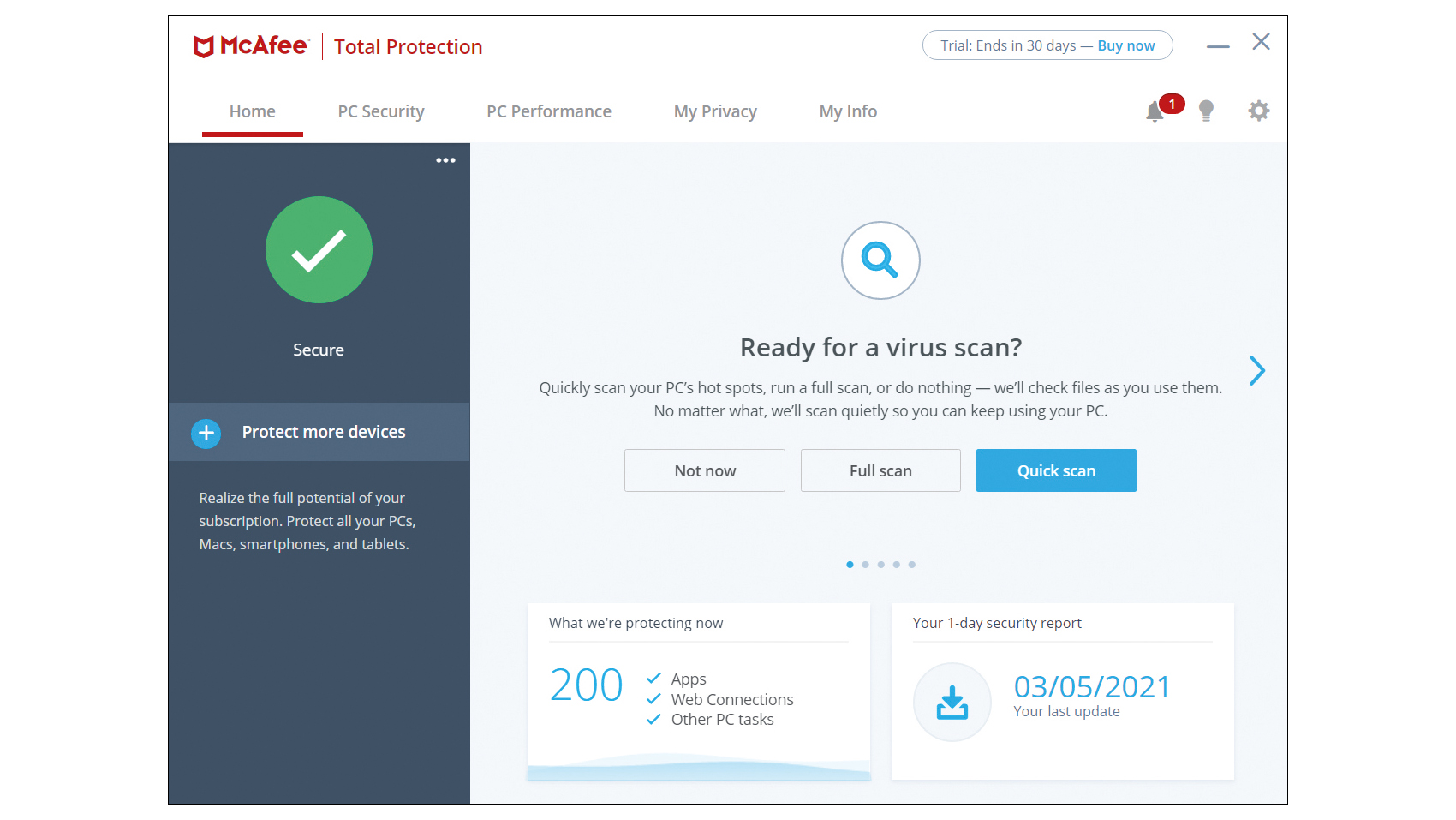Mobile malware research teams bag £3m funding boost
University researchers awarded funds to support efforts in clamping down on mobile malware apps.

A 3 million grant has been awarded to several UK universities to fund research to help clamp down on cyber criminals who prey on smartphone users via malicious apps.
The money has been awarded by the Engineering and Physical Sciences Research Council (EPSRC), which funds research and postgraduate training in engineering and physical sciences at universities across the UK.
The 3 million sum has been split between two app research teams. The first is from Royal Holloway University of London, while the second features the combined efforts of academics from City University London, and Coventry and Swansea universities.
We're up against really sophisticated malware some even used by nation states for spying.
A portion has also been awarded to three further research teams whose work focuses on shoring up the UK's cyber defences.
Reports about malicious smartphone apps that leak data or dial-up premium phone lines without the user's knowledge regularly do the rounds, and can prove hugely lucrative for cyber criminals.
Dr Lorenzo Cavallaro, a lecturer in the information security group at Royal Holloway, said his research team will be examining the behaviour of Android apps to make it easier to spot malicious ones.
"You may think the phone in your pocket is safe, but think again. We're used to considering our phones as a trusted, private channel of communication, and suitable to receive authentication information to access specific online services," said Cavallaro.
Get the ITPro daily newsletter
Sign up today and you will receive a free copy of our Future Focus 2025 report - the leading guidance on AI, cybersecurity and other IT challenges as per 700+ senior executives
"Unfortunately, this information can be leaked or abused by colluding malware if the mobile device is infected."
The issue of colluding apps, whereby one app accesses a user's personal data before passing it on to a second one that can transmit the information over a network, is a growing threat to smartphone users.
Professor Tom Chen, research team leader at City University London, Swansea and Coventry universities, explained: "Currently almost all academic and industry efforts are focusing on single malicious apps; almost no attention has been given to colluding apps.
"Existing antivirus products are not designed to detect collusion," Chen added.
Both teams are being assisted by antivirus software vendor McAfee, who will provide researchers with access to a library of safe apps to assist in their efforts to analyse mobile malware.
Dr. Igor Muttik, a senior principal architect at Intel-owned McAfee, said the researcher's work should help ensure users remain one step ahead of cyber criminals.
"We're up against really sophisticated malware some even used by nation states for spying. All attackers are well aware of the technology involved in detecting and tracking them," said Muttik.
"These cyber criminals often take an industrial approach to malware; they try to maximise their benefits from it. So, we need to constantly raise the bar by improving the technology and this will make it more complex and less profitable for them to operate."
-
 Netgear WBE710 review
Netgear WBE710 reviewReviews The compact WBE710 delivers great cloud management features and a good turn of Wi-Fi 7 speed – but it does have a premium price tag
By Dave Mitchell Published
-
 Businesses are taking their eye off the ball with vulnerability patching
Businesses are taking their eye off the ball with vulnerability patchingNews Security leaders are overconfident in their organization’s security posture while allowing vulnerability patching to fall by the wayside.
By Jane McCallion Published
-
 McAfee and Visa offer 50% off antivirus subscriptions for small businesses
McAfee and Visa offer 50% off antivirus subscriptions for small businessesNews UK Visa Classic Business card holders can access the deal starting today
By Zach Marzouk Published
-
 McAfee Total Protection review: Expensive at full price
McAfee Total Protection review: Expensive at full priceReviews Protects your PC and includes a decent firewall, but costly and less effective than some rivals
By K.G. Orphanides Published
-
 McAfee Total Protection review: Quick, effective and affordable
McAfee Total Protection review: Quick, effective and affordableReviews A solid security choice, with perfect malware protection, a fully functional VPN and more
By ITPro Published
-
 McAfee’s zero trust solution strengthens private applications’ security
McAfee’s zero trust solution strengthens private applications’ securityNews MVISION Private Access grants secure access to private resources from any device or location
By Praharsha Anand Published
-
 PowerShell threats increased over 200% last year
PowerShell threats increased over 200% last yearNews A new McAfee report finds PowerShell attacks driven largely by Donoff malware.
By Rene Millman Published
-
 McAfee to sell enterprise business to STG for £2.8 billion
McAfee to sell enterprise business to STG for £2.8 billionNews The enterprise business will be rebranded, with McAfee focusing on personal security
By Daniel Todd Published
-
 Has the US government finally nabbed John McAfee?
Has the US government finally nabbed John McAfee?News Official Twitter account claims notorious tech tycoon has been “detained by authorities”
By Adam Shepherd Published
-
 John McAfee ordered to pay $25 million over neighbour's murder
John McAfee ordered to pay $25 million over neighbour's murderNews Controversial figure insists that he will not pay
By Adam Shepherd Published